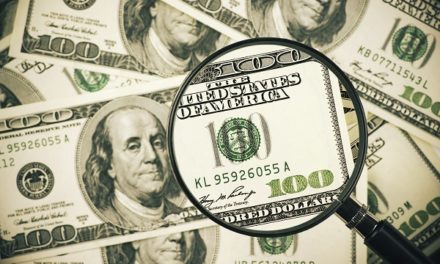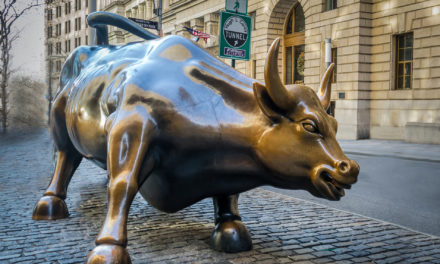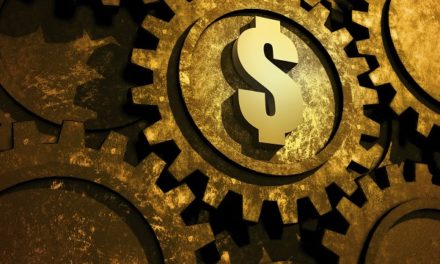
“When we own portions of outstanding businesses with outstanding managements, our favorite holding period is forever.”
— Warren Buffett
The Warren Buffett investment philosophy calls for a long-term investment horizon, where a two-decade holding period, or even longer, would fit right into the strategy. How would such a strategy have worked out for an investment into C.H. Robinson Worldwide, Inc. (NASD: CHRW)? Today, we examine the outcome of a two-decade investment into the stock back in 1999.
| Start date: | 11/08/1999 |
|
|||
| End date: | 11/06/2019 | ||||
| Start price/share: | $7.21 | ||||
| End price/share: | $78.61 | ||||
| Starting shares: | 1,386.96 | ||||
| Ending shares: | 1,942.70 | ||||
| Dividends reinvested/share: | $19.53 | ||||
| Total return: | 1,427.16% | ||||
| Average annual return: | 14.60% | ||||
| Starting investment: | $10,000.00 | ||||
| Ending investment: | $152,819.51 | ||||
The above analysis shows the two-decade investment result worked out quite well, with an annualized rate of return of 14.60%. This would have turned a $10K investment made 20 years ago into $152,819.51 today (as of 11/06/2019). On a total return basis, that’s a result of 1,427.16% (something to think about: how might CHRW shares perform over the next 20 years?). [These numbers were computed with the Dividend Channel DRIP Returns Calculator.]
Notice that C.H. Robinson Worldwide, Inc. paid investors a total of $19.53/share in dividends over the 20 holding period, marking a second component of the total return beyond share price change alone. Much like watering a tree, reinvesting dividends can help an investment to grow over time — for the above calculations we assume dividend reinvestment (and for this exercise the closing price on ex-date is used for the reinvestment of a given dividend).
Based upon the most recent annualized dividend rate of 2/share, we calculate that CHRW has a current yield of approximately 2.54%. Another interesting datapoint we can examine is ‘yield on cost’ — in other words, we can express the current annualized dividend of 2 against the original $7.21/share purchase price. This works out to a yield on cost of 35.23%.
Here’s one more great investment quote before you go:
“Your investor’s edge is not something you get from Wall Street experts. It’s something you already have. You can outperform the experts if you use your edge by investing in companies or industries you already understand.” — Peter Lynch




